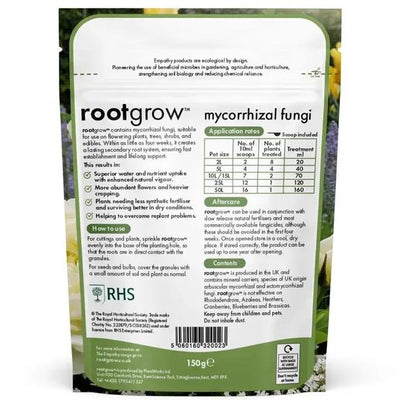Golden Privet Hedging Plants
Golden Privet Hedging, Ligustrum ovalifolium Aureum, is a variety of Privet with rich yellow variegated edges to its leaves.
It's a popular hedge plant, especially for the inner city, and it's suitable for topiary.
It every bit as tough and tolerant of poor soils as the other privets, although we recommend using green privet instead if your site is in full shade.
Golden Privet is good for hedges up to between 3-4 metres high, but can reach a full 6 metres.
Golden Privet hedge plants are delivered bareroot during winter (Nov-March).
Choosing a size:
When you are ordering Golden Privet plants for a hedge, we generally recommend that you use smaller plants. They're cheaper than large plants, easier to handle and they'll establish well in poor conditions. Use larger plants if you want a taller hedge quickly, or if you want to clip them for topiary.
All our hedge plants are measured by their height in centimetres above the ground (the roots or pots aren't measured).
Spacing a Golden Privet hedge:
Plant Golden Privet hedging at 3 plants per metre, 33cm apart.
General description of Golden Privet plants:
Golden Privet is a large, vigorous bush with bright leaves that clip easily into a formal evergreen hedge. It's great for growing in trouble spots in the city. It does really well on poor or dry soils, in partial shade and it isn't affected by air pollution. It can grow in exposed sites near the sea, although constant wind will slow its growth.
If it's grown as a specimen shrub, it'll produce good sized cones (called panicles) of scented white flowers in summer that attract butterflies. These will mature into shiny, bitter little fruits that are eaten by several types of songbirds.
Old privet hedges respond very well to hard pruning.
Privet can lose its leaves in harsh winters: this is normal and doesn't hurt your plants.
History & Trivia
This Japanese plant was recorded by Western botanists in 1862 and introduced to Britain soon afterwards. You may see it listed in some old books as Ligustrum ovalifolium Aureomarginatum. It has won an RHS Award of Garden Merit for handsome plants that are easy to grow.

 Secure, One-Tap Checkout
Secure, One-Tap Checkout
 Hand Picked, Delivered to Your Door!
Hand Picked, Delivered to Your Door! 1 Year Bareroot Guarantee
1 Year Bareroot Guarantee









